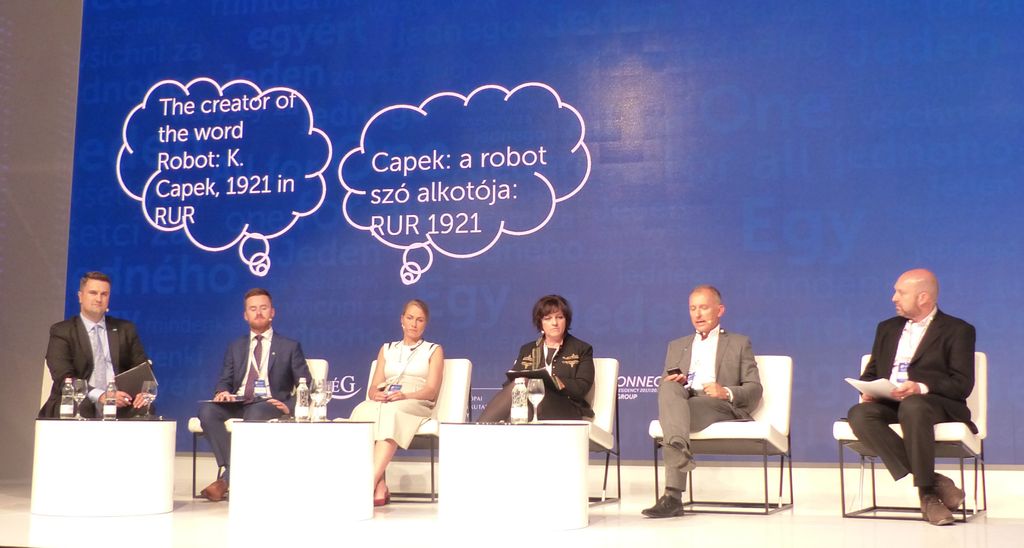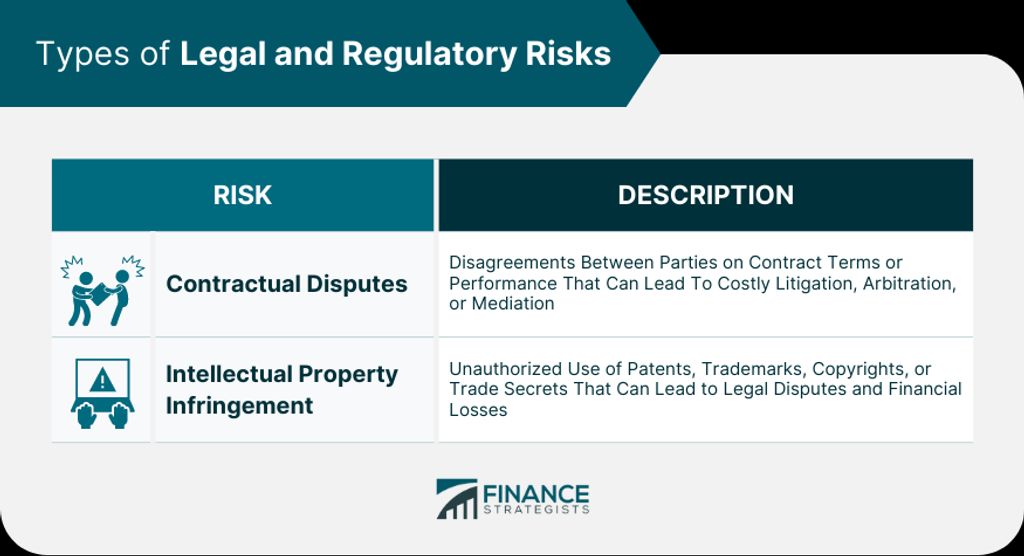The Potential Risks of Politicians' Use of Artificial Intelligence
Overview
Introduction to Artificial Intelligence in Politics
Artificial Intelligence (AI) has the potential to revolutionize the political landscape, bringing about positive changes at both the political and social levels. With AI, politicians can make more informed decisions, analyze vast amounts of data, and better understand the needs and preferences of their constituents. This technology has the power to enhance democracy by enabling more efficient and effective governance. Additionally, AI can help identify and address societal challenges, leading to improved public services and a more inclusive society. The integration of AI in politics holds great promise for shaping a better future for all.
Benefits of Politicians' Use of Artificial Intelligence
Artificial Intelligence (AI) has the potential to revolutionize the way politicians engage with their constituents and make informed decisions. By harnessing the power of AI, politicians can gain valuable insights from data analysis, enabling them to better understand the needs and concerns of their constituents. This technology can also enhance communication between politicians and citizens, facilitating more inclusive and participatory democracy. AI can assist in identifying trends and patterns, helping politicians develop effective policies and strategies. Additionally, AI can streamline administrative tasks, freeing up time for politicians to focus on important issues and initiatives. Overall, the integration of AI in politics has the potential to empower politicians and create a more efficient and responsive political system.
Potential Risks of Politicians' Use of Artificial Intelligence
Artificial intelligence has the potential to greatly impact society and politics. It can revolutionize the way politicians make decisions and interact with their constituents. By harnessing the power of AI, politicians can gain valuable insights and make informed decisions that benefit the society as a whole. AI can also help identify and address societal challenges, such as inequality and climate change. However, it is important to consider the potential risks associated with the use of AI in politics. These risks include societal impact of AI in politics. It is crucial to carefully navigate these risks and ensure that AI is used responsibly and ethically to safeguard our democracy and protect the rights and privacy of individuals.
Privacy Concerns

Data Collection and Surveillance
Artificial intelligence in politics has the potential to revolutionize decision-making processes and improve efficiency. However, it also raises concerns about data collection and surveillance. The use of AI by politicians can involve the gathering of vast amounts of personal information, which could put individuals' lives and livelihood at risk. This includes sensitive data such as political affiliations, voting preferences, and even biometric information. The collection of such data raises questions about privacy and the potential for abuse. It is crucial to establish robust safeguards and regulations to protect individuals' rights and ensure that the benefits of AI in politics outweigh the risks.
Artificial Intelligence has the potential to revolutionize the way politicians gather and use personal information. With advanced algorithms and machine learning capabilities, politicians can analyze large amounts of data to gain insights into voter preferences, opinions, and behaviors. However, this raises concerns about the disclosure of personal information and the potential for misuse. It is important to establish regulations and safeguards to protect individuals' privacy and ensure transparency in the use of AI in politics.
Invasion of Privacy
Artificial intelligence technology used by politicians can have a significant societal impact, not only on a political level but also on a wider social scale. Privacy is a fundamental right that should be protected, and the invasion of privacy through the use of AI raises concerns. With the increasing capabilities of AI systems to collect and analyze personal data, there is a risk of individuals' private information being exploited or misused. It is crucial to address these privacy concerns and establish robust safeguards to ensure that AI technologies used by politicians respect individuals' privacy rights.
Ethical Implications
Bias and Discrimination
Artificial intelligence in politics has the potential to exacerbate existing biases and discrimination. However, it also presents an opportunity to address these issues and create a more inclusive and equitable society. By implementing ethical guidelines and ensuring diverse representation in the development and deployment of AI systems, we can mitigate the risks of bias and discrimination. Additionally, AI can be used to identify and rectify discriminatory practices, promoting fairness and equality. It is crucial for policymakers and technologists to work together to harness the power of AI in a way that upholds democratic values and fosters a society that is just and inclusive.
Lack of Accountability
When it comes to the use of artificial intelligence in politics, one of the potential risks that arises is the lack of accountability. With AI algorithms making decisions and influencing policies, there is a concern that politicians may evade responsibility for their actions. This lack of accountability can have significant societal impacts, both on a political level and on a more social scale. It is crucial to address this issue and ensure that politicians are held responsible for the decisions made by AI systems. By implementing transparent and accountable AI governance frameworks, we can mitigate the risks associated with the lack of accountability and build a more trustworthy and fair political system.
Style
Write like a human, in a professional and encouraging tone. Avoid the use of slang or contrations. Use proper grammar and
punctuation. Do not use any words that are not in the English dictionary. Keep, under any circumstance, the structure
similar. Same headlines in the same place. Same links to the same resoruces at the same place. Only adjust language and writing
style.
Unintended Consequences
Unleashing the potential of
Artificial Intelligence in politics and society can lead to significant unintended consequences. On a political scale, the use of AI by politicians can result in
unfair advantages and the
manipulation of public opinion. Additionally, AI algorithms may unintentionally perpetuate
bias and discrimination, further worsening existing societal inequalities. On a broader social scale, the rapid adoption of AI in politics can erode trust in political systems and pose a threat to the very foundations of democracy. However, with proper regulation and a focus on
transparency and accountability, we can harness the potential of AI to drive positive societal change.
Safeguarding Democracy

Threats to Fair Elections
Artificial intelligence has the potential to significantly impact fair elections, both politically and socially. With the ability to analyze vast amounts of data and identify patterns, AI can help identify and prevent election fraud, ensuring a more transparent and trustworthy electoral process. Additionally, AI-powered tools can enhance voter engagement and participation by providing personalized information and recommendations. By leveraging the power of AI, politicians can better understand and address the needs of their constituents, ultimately strengthening democratic processes. However, it is crucial to
safeguard against biases and discrimination in AI algorithms to ensure equal representation and prevent any unintended consequences. Striking a balance between the benefits and risks of AI in politics is essential to maintain the integrity of fair elections.
Manipulation of Public Opinion
Artificial intelligence has the potential to significantly impact public opinion, both on a political and social scale. With the rise of social media and online platforms, politicians can use AI to manipulate public sentiment and shape the narrative. However, this raises concerns about
election interference and the potential for abuse. It is crucial to address these
risks and ensure that AI is used responsibly and ethically in order to safeguard democracy and maintain trust in political systems.
Undermining Trust in Political Systems
To address the potential risks of politicians' use of artificial intelligence, it is crucial to recognize the impact it can have on trust in political systems. Artificial intelligence has the power to transform the way politicians engage with their constituents and make decisions. By leveraging AI technologies, politicians can gather and analyze vast amounts of data, enabling them to make more informed and effective policy choices. This
collaboration between politicians and AI can foster a stronger sense of transparency and accountability, as decisions are based on data-driven insights. By working together, politicians and AI can help build a more inclusive and responsive political system that restores trust and confidence in the democratic process.
Conclusion

Balancing the Benefits and Risks
As you navigate the complex landscape of politicians' use of artificial intelligence, it is crucial to consider the societal impact it can have.
Artificial intelligence has the potential to revolutionize the political landscape, improving decision-making processes and enhancing efficiency. However, it is important to also acknowledge the broader social implications. AI can influence public opinion and shape political discourse, which can have far-reaching consequences for democracy as a whole. By striking a balance between harnessing the benefits of AI and addressing the potential risks, we can create a future where technology empowers citizens and strengthens political systems.
Regulating Politicians' Use of Artificial Intelligence
To ensure the responsible and ethical use of artificial intelligence by politicians,
regulation is crucial. By implementing clear guidelines and standards, governments can protect the interests of their citizens and mitigate the potential risks associated with AI. It is important to involve
civil society groups in the regulatory process to ensure the technology is used in a way that benefits society as a whole. Through
collaborative efforts, policymakers can strike a balance between harnessing the power of AI and safeguarding democratic values.
